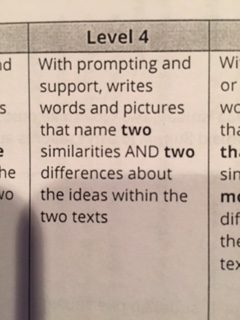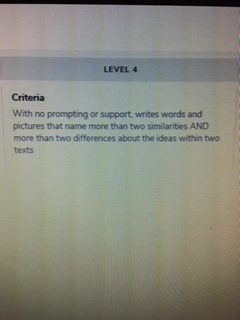A Tennessee teacher writes about the education policies that make her sick.
I’m sick.
Sick of my students being over-tested and our schools being underfunded.
Sick of teachers leaving the profession because they are underpaid and undervalued.
Sick of Tennessee being 45th in the nation in per pupil funding.
Sick of being disrespected by a Governor who has proposed increasing state funding for unaccountable charter schools by 100% while only increasing funding for teachers by 2%.
And how I feel is only going to get worse if the state government passes voucher legislation, which will further drain the resources our students need from public schools and hand them over to unaccountable private companies.
That’s why there’s a movement of teachers planning on calling in sick on Tuesday, April 9th to travel to Nashville and flood the capitol.
We plan on letting our state’s politicians know just how sick we are. And we plan on making it clear to them: the war on public education in Tennessee ends now.
I’m a member of the Tennessee Education Association, but I know that there are many in the state leadership who think that collective action is too aggressive and premature. They still believe that we can work amicably with state politicians. I disagree.
Anyone still entertaining that idea should have had a rude awakening last week when Betsy DeVos visited our state and held closed door meetings with privatizers and politicians.
Several months back, when Governor Lee announced his unfortunate choice for the TN Commissioner of Education, I publicly stated that he had declared war on public education. Some may have thought that was a bit dramatic. However, the Governor wouldn’t have invited the most vilified Secretary of Education in history to the state if he didn’t plan on dropping an atomic bomb on public education. His voucher and charter bills are just that.
With the backing of ALEC and Betsy DeVos those devastating bills will pass unless teachers wake up and do something drastic. Millions upon millions of dollars will be drained from public education and siphoned away from our students.
How do I know this? Because it was perfectly ok to have an admitted child predator be the chair of the House Education Committee until he voted against the voucher bill. Only then was he no longer fit to be the chair.
Strong arm tactics are running rampant and the writing is on the wall.
The go-along to get-along approach of the state teachers association, which means working with the enemies of public education, has been a pipe dream for almost a decade, and it’s time for teachers to wake up. All the emailing and phone calls in the world won’t stop politicians bankrolled by billionaires like the Koch brothers and DeVos family from pursuing devastating legislation that hurts our schools, students, and communities.
Over the last year, I have watched educators in one state after another rise up, take their power back, and force legislators to actually represent THEM and not privatizers. It didn’t matter that the strikes were illegal or sick-outs were risky. When educators stick together and have the backing of the community, they can make real change possible. Teachers can take on billionaires and win. They already have in other states.
In my opinion, the only thing that will stop this insanity is for teachers to walk out. Shut it down. Take back our schools. Take back our profession. Do our job……. and fight for our kids.
I hope to see you in the capitol on Tuesday, April 9.
Lauren Sorensen is a second grade teacher at Halls Elementary School in Knox County and a former president of the Knox County Education Association.
For more on education politics and policy in Tennessee, follow @TNEdReport



